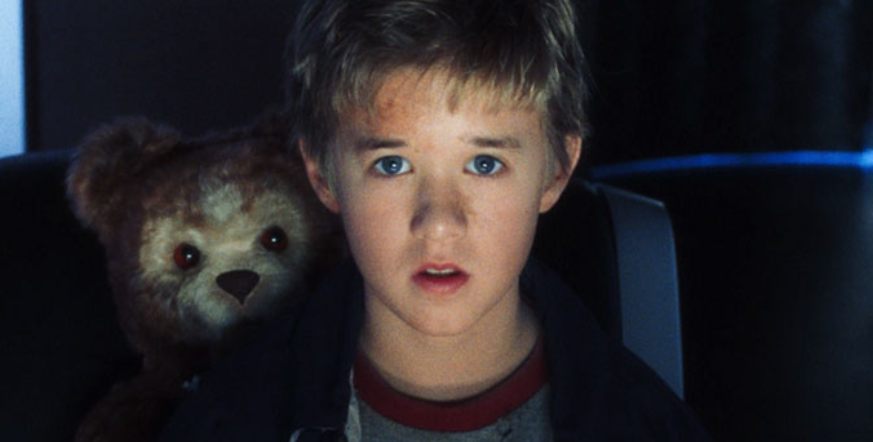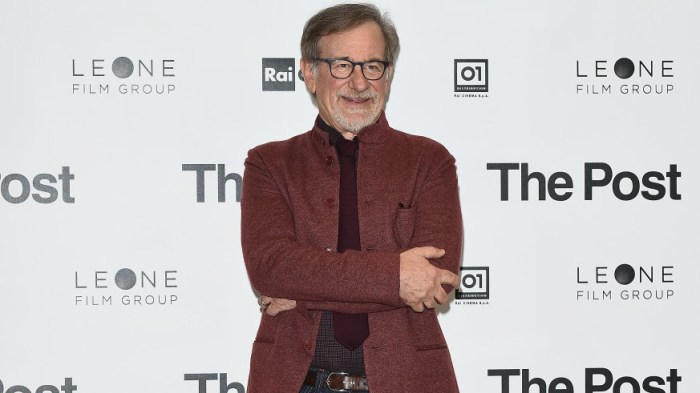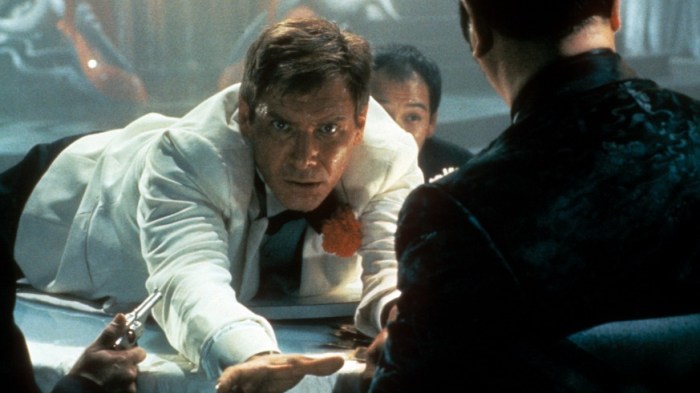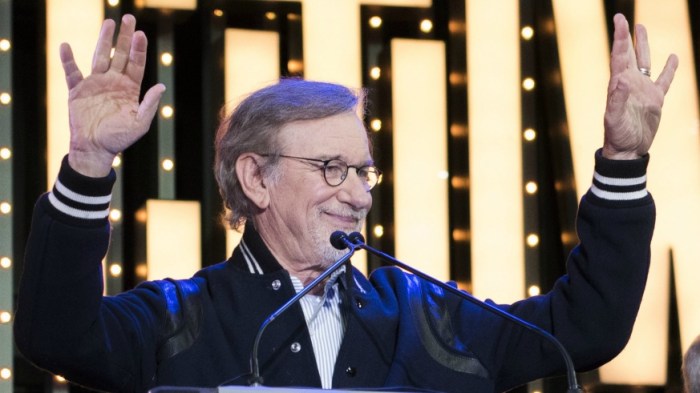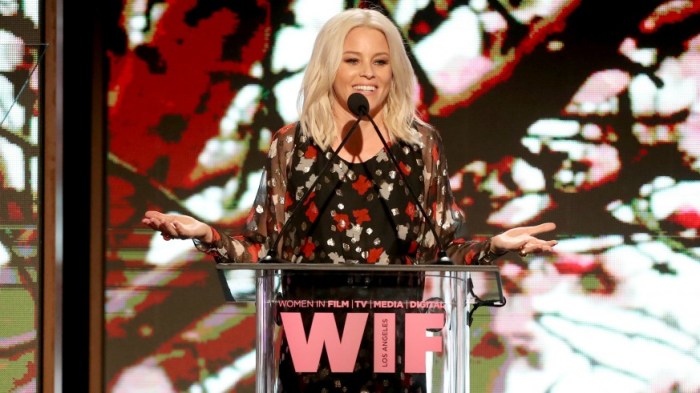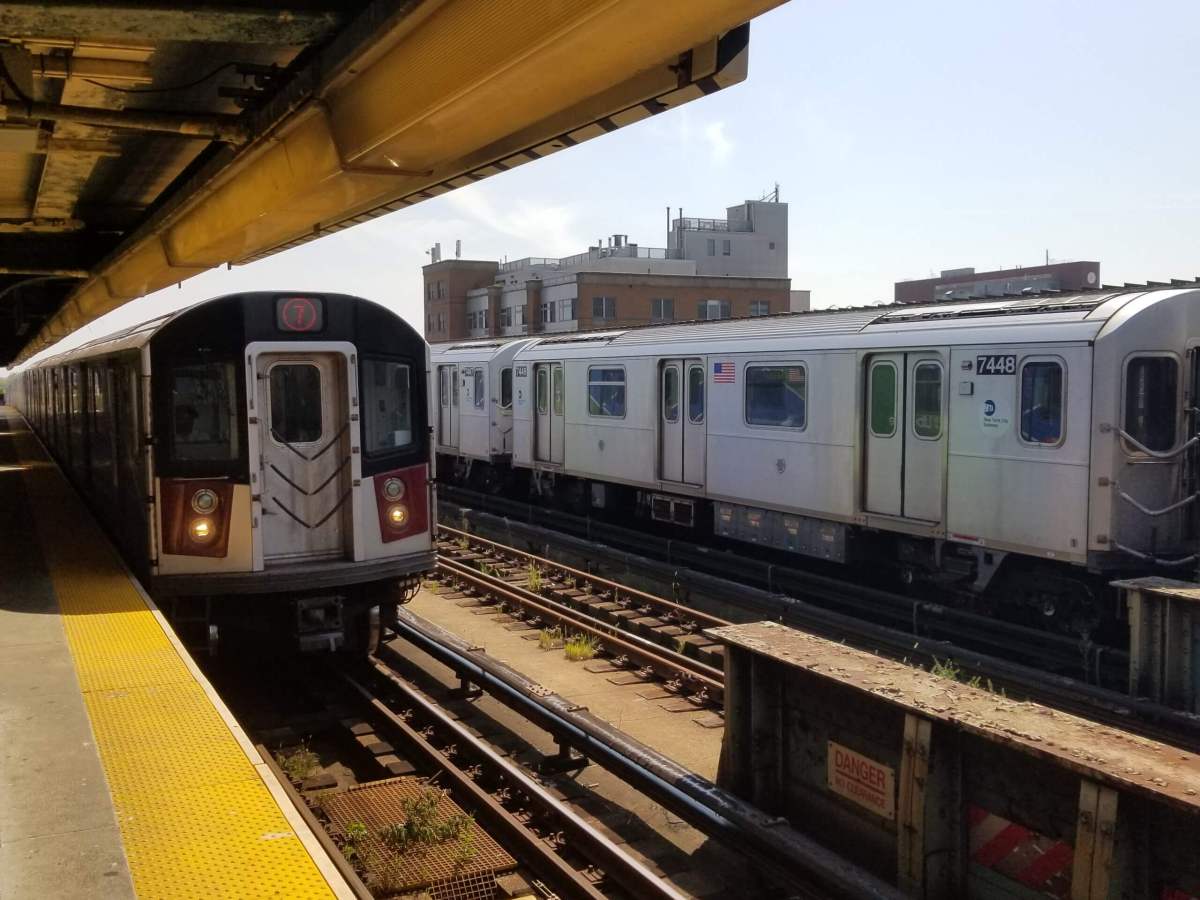A.I. Artificial Intelligence was one of Stanley Kubrick’s most famous unproduced films.
The legendary director began work on an adaptation of Brian Aldiss’ short story “Super-Toys Last All Summer Long” in the late 1970s, toiled over various scripts from different writers during the 1980s, and, finally, by the mid 1990s had decided to proceed with it once he had directed “Eyes Wide Shut.”
Kubrick died in March 1999, though. Soon after his widow Christiane and producer Jan Harlan approached Steven Spielberg about directing the film, as Kubrick had previously insisted that the film was closer to his sensibilities anyway.
Spielberg didn’t just direct “A.I. Artificial Intelligence,” he wrote the screenplay, too. The result provoked a mostly positive response, as well as debates from moviegoers over which parts were from the mind of Kubrick and which were from Spielberg.
Earlier this month I had the opportunity to speak to Leon Vitali, Kubrick’s long-time right hand man who is the subject of the documentary “Filmworker” and worked with him from 1975’s “Barry Lyndon” up to his death. During our chat I was intrigued to know about his reaction to “A.I.”
“It was a strange feeling to me,” admitted Vitali. “Because we got so far into the ideas and what have you with Stanley. So it was a bit strange to watch it I have to admit. But I didn’t think about it negatively.”
But there was one aspect of the film’s production under Spielberg that Vitali did find a little peculiar. “One of the things that I thought was strange was how there was so much emphasis on, ‘How would Stanley do this? How would he shoot the scene?’ The thing is, until the scene arrived, Stanley didn’t know.”
“He never had a storyboard. He never worked from a storyboard. And everything developed because of how he rehearsed with the actors and where the rehearsals took the story and the intensity of the scene, and where it was in the story overall.”
“I always say, ‘You can’t ask how Stanley would have shot it. Because he didn’t know it himself until he got onto set to shoot it.’ It would have been better to have left yourself alone and not think in that way at all.”
Vitali also admitted that Kubrick kept on pushing shooting on the film back because the special effects that he envisioned just weren’t ready.
“With ‘A.I.,’ at first we were working inside another pre-production, putting our toes in the water and looking for actors. Stanley then realized that visual effects weren’t where they are today.”
“Stanley wouldn’t have been able to use them as freely as he would have wanted to. So that got put on the shelf. And that is how ‘Eyes Wide Shut’ got made, because that is what he went to instead. There was always a ground sense in why he didn’t do those projects.”

